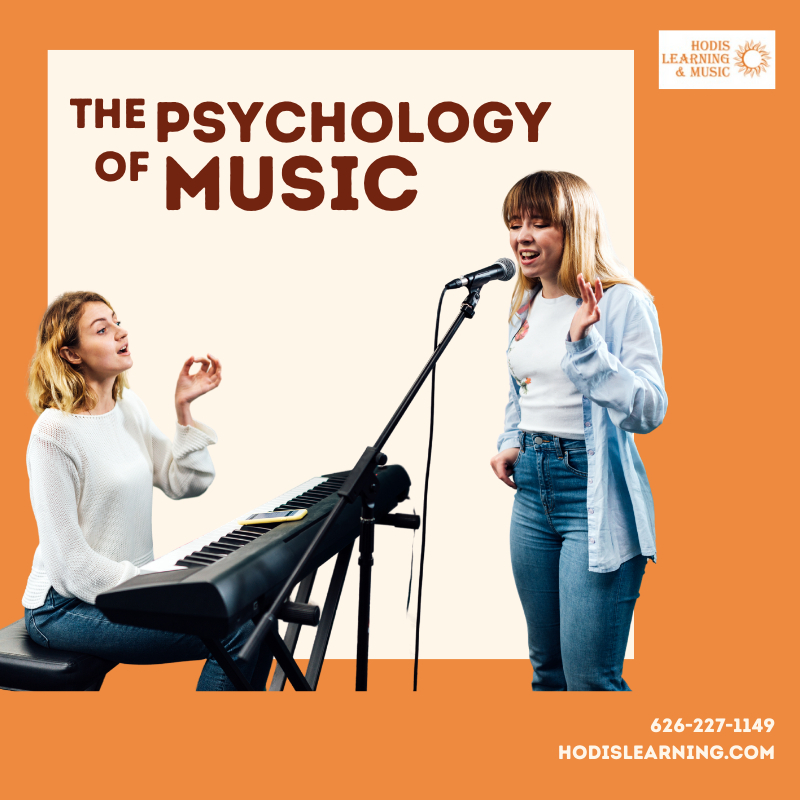The Psychology of Music
Did you know that music has a profound effect on the brain and how we think, feel, and learn? In this article, we dive into the psychology of music: how it impacts brain function, influences emotions, and enhances cognitive development.
Music and the Brain: A Symphony of Activity
Neuroscientists often compare listening to music to a full-body brain workout because music activates multiple regions of the brain simultaneously. Research using functional MRI scans shows that music engages:
- The auditory cortex (processing sound)
- The motor cortex (rhythm and movement)
- The limbic system (emotions and memory)
- The prefrontal cortex (decision-making and focus)
Dr. Daniel Levitin, author of This Is Your Brain on Music, notes that music stimulates more parts of the brain than almost any other human activity. This interconnected activation is why music can sharpen focus, improve memory, and even aid in emotional regulation.
Music and Emotions
Have you ever cried during a movie scene because of the soundtrack, or felt energized by a workout playlist? Music’s ability to evoke emotion is one of its most powerful psychological effects.
According to a 2019 study in Nature Reviews Neuroscience, music influences the brain’s reward system and releases dopamine, the “feel-good” neurotransmitter. That’s why music can:
- Improve mood and reduce stress
- Promote emotional expression in children
- Offer comfort and reduce anxiety in learning environments
Music and Learning
Research consistently shows that music can enhance certain cognitive functions. While the so-called “Mozart Effect” (the idea that listening to classical music boosts IQ) has been debated, music’s role in supporting learning is still significant.
Here’s how music supports learning:
- Improved Memory and Retention: Music, especially rhythmic patterns, can help students remember facts. That’s why children learn the alphabet through a song.
- Enhanced Language Development: Musical training has been linked to improved phonological awareness and reading skills. According to a 2020 Harvard study, music-making helps children develop verbal memory and listening skills.
- Better Focus and Executive Function: Structured musical experiences (like learning an instrument) strengthen executive functioning skills, which are used to plan, pay attention, and regulate behavior.
- Support for Neurodivergent Learners: Music therapy is widely used to support children with ADHD, autism spectrum disorder, and other learning differences, to help them regulate emotions and engage in learning.
To Sum It Up
Music is more than art, it’s a bridge to deeper learning, emotional resilience, and brain development.
Interested in making some music of your own? Call us at (626) 227-1149 or send us a form to learn more about music lessons!



